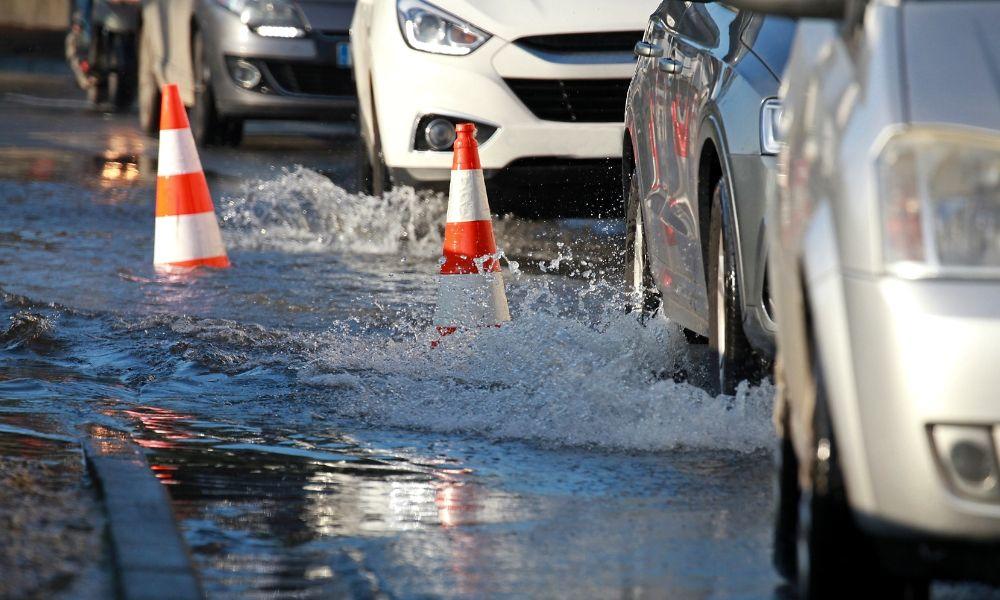
We usually don’t get to choose the conditions we drive in. Weather can cause a lot of damage to our vehicles, so we need to prepare for them. Be aware of the following weather conditions that can affect your car.
Warm Temperatures
Warm temperatures usually hit everyone in the United States during the summer. There are a few things you should keep in mind when you drive in the heat. For starters, the higher temperatures can make your car incredibly warm if it sits outside in the sun for a long time. Your tires are also at risk because the hot roads can cause a blowout.
Cold Temperatures
When the temperatures lower, damage can still occur that you must be aware of. The biggest issue people run into is the car does not start, and it may take a few attempts to get it started. Your car will also, obviously, be cold; it’s recommended that you run your car for a bit to warm it up before you head to your destination. When you heat up your car, you should also turn on the defroster to melt any ice that could impair your visibility while driving.
Snow
With the cold temperatures comes snow, and it changes the way you drive. For instance, the roads are slicker, and your tires have less grip on the road. One of the best things you can do to improve your safety is to buy winter tires. This way, your tires can handle the slippery driving conditions. Snow can also cover your car, which is why you want to keep a brush in your trunk. Another thing to keep in mind is the salt used to melt snow on the roads can cause rust, which is why you still want to get regular car washes in the winter.
Rain
When it rains, it can impact your visibility on the road. That is why you need to take advantage of your windshield wipers; make sure they work properly, and if you notice any cracks, replace them. Rain can also make the roads slippery and cause flooding, which can make you lose control.
Hail
Hail is another weather condition that can do some damage to your car. Hail stones average at about 1 cm in diameter; however, they can get as big as 10 to 15 cm, which means hail can definitely cause dents or crack your windshield. Your best bet is to find shelter, if possible, under a strong structure.